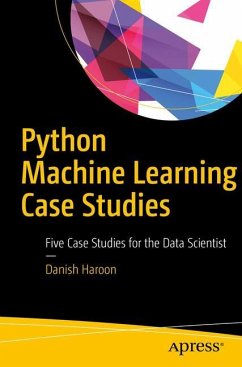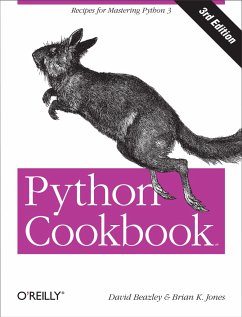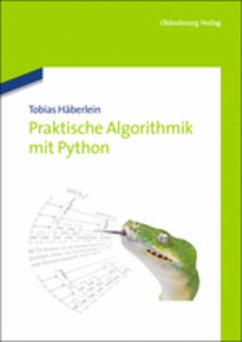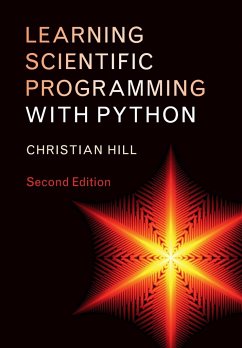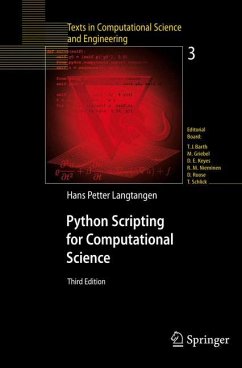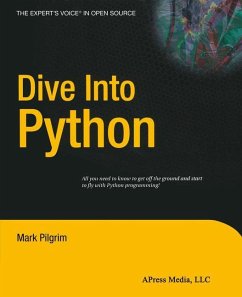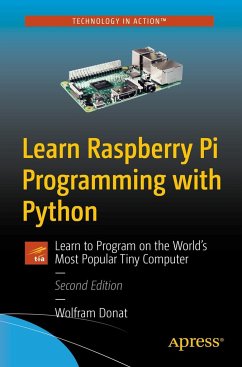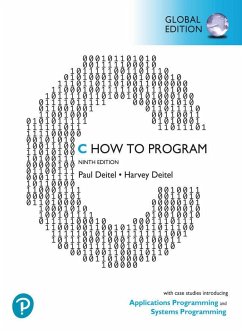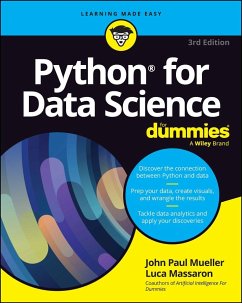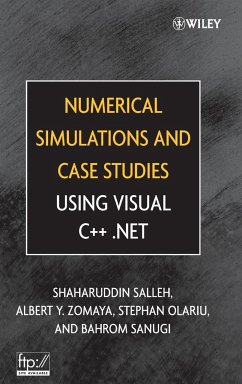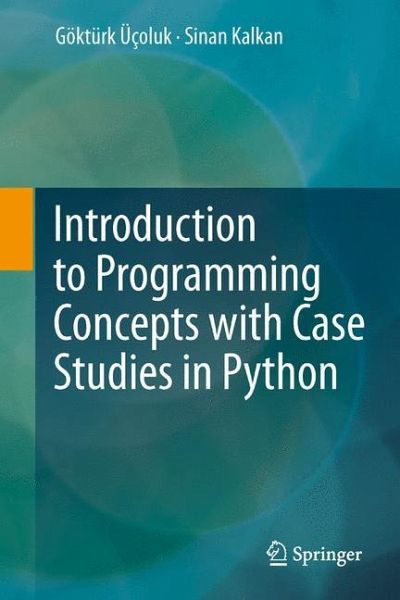
Introduction to Programming Concepts with Case Studies in Python
Versandkostenfrei!
Versandfertig in 1-2 Wochen
31,99 €
inkl. MwSt.
Weitere Ausgaben:

PAYBACK Punkte
16 °P sammeln!
The current text provides a clear introduction to Computer Science concepts in a programming environment. It is designed as suitable use in freshman- or introductory level coursework in CS and provides the fundamental concepts as well as abstract theorems for solving computational problems. The Python language serves as a medium for illustrating and demonstrating the concepts.




